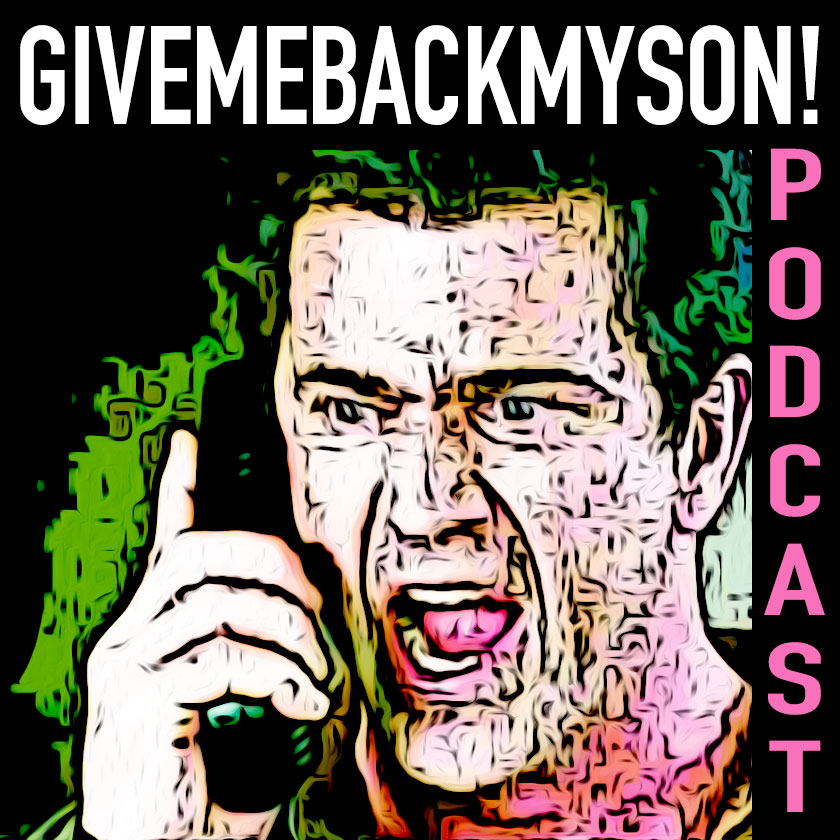I’m not a big fan of the old James Bond flicks. For me, the classic titles are mostly silly, featuring nothing unique or actually intelligent. Each memorable sequence from the 20 pre-Daniel Craig Bond flicks is inter-changable, completely forgettable in the way that it’s impossible to keep them straight – which flick featured which sequence. These old Bond movies aren’t terrible (most of them, at least), but they’re not my proverbial cup of tea – that is, not until Daniel Craig came around.
Casino Royale showed up and rebooted the franchise, giving it depth, meaning and continuity. This brutal version of Bond was given a motive, a reason for being the merciless double-o agent that we know. Instead of merely rebooting the franchise of stand-alone films, Casino kicked off a fluid, tied-together storyline. The follow-up, Quantum of Solace, opens less than an hour after the final scene of Casino and furthers the revenge-fueled storyline, revealing the first 100 feet of the abyss-like rabbit hole from whence Bond’s motive hails – but along comes Skyfall, an apology letter to all the fans who didn’t like the new Daniel Craig take on MI6′s baddest agent.
Because Daniel Craig’s portrayal of James Bond was so vastly different from those previous to him, it’s fair to assume that any other Bond flick that he stars in is going to follow the theme, mood and tone of the others, right? Wrong. Skyfall is a hybrid of the new Bond and lots of the old Bond. If you’re going in expecting to see more of Craig’s blunt cold killer, forget it. That’s not what you’re getting. If you want to learn more about the vast and invisible syndicate behind Vesper’s death and the other schemes of Casino and Quantum, forget about it; it seems that both the characters and the writers have. Instead of drawing Bond’s dark side from Vesper’s death, Skyfall gives him a new motive – well, it hints at a new motive. This new motive is weak, one that erases everything you know about Craig’s Bond and warrants no depth or insight into Bond that Casino didn’t do better. The continuity previously established is thrown out the window.
This isn’t the only reason for my strong dislike and dissatisfaction of Skyfall. Casino and Quantum were solid flicks, lacking any sign of plot holes. Skyfall is the opposite. Major events happen that are never explained, some of which aren’t even resolved. Take, for example, the plot explained in the trailers for the film. Just like the first Mission: Impossible flick, a villain has made off with the NOC list – a digital file containing the identities and whereabouts of every deep cover agent in the field and the organizations they’ve infiltrated. Not only is this plot lame because it’s ripped right out of another spy franchise, but because it is completely disregarded and thrown out after the one hour mark. The hard drive is never retrieved; it’s not even mentioned again. Considering that at least five agents have been assassinated because of it, you’d think that this plot point would be resolved – but it’s not. Instead, it’s forgotten when we meet our villain (whose character type is a rip of a very well-known and well-liked Bond flick). As if we jump into another movie, we meet this new character and are given a new plot, one that results in an anticlimactic climax that resembles a grown-up version of Home Alone starring geriatric folks.
No thanks. After Casino Royale and Quantum of Solace, I deserve better than Skyfall. And if you have enjoyed Craig’s entries in the Bond cannon as much as I have, you deserve better too. However, if you miss the Bond of old – the one with gadgets, classic Astin Martins, female characters with silly last names, one-liners, villains with absurd deformaties, and so forth – then you can finally quit complaining about the last two movies. Skyfall takes you back to the same generic “comfort food” formula as before.
Photo credit: Columbia Pictures










